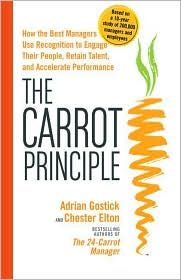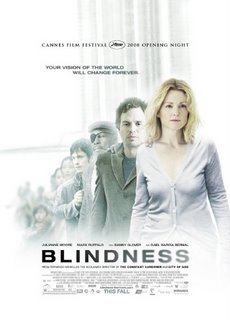Axis - Robert Charles Wilson

ISBN: 9780765348265
format: Paperback
pages: 368
publisher: Tor Books
pub. date: 2008-06-03
started reading: 2008-12-28
finished reading: 2008-12-29
It may be my upbringing on classics by Heinlein, Asimov and Bradbury that leave me feeling that too often these days, Science Fiction as a genere has merged too seamlessly with Fantasy that it is often hard to tell them apart and the 'in betweens' often leave me feeling disappointed with few good authors able to blend the two successfully. As a result I have a definate bias towards books which more clearly adhere to one genere or the other (though I'm more than willing to take recommendations of authors able to tread that middle ground). Further, I fully admit to being more a fan of fantasy than of science-fiction.
Hence the reason I really enjoy it when I do come across a modern science fiction book that captures me.
Axis was an excellent follow up to Spin. While I generally find it very hard to get into sequels where the cast of characters and time period have changed, Axis smoothly takes you back to the world Wilson created in Spin. Or, to be more precise, to the same universe as the setting of the story takes place on The New World which is only briefly introduced at the end of Spin.
Once again, the story centres on the Hypotheticals and their gross manipulation of time and space and the impact that that has on the human race. Wilson attempts to introduce some subtler questions of morals and ethics into the literature, however I find that these attempts are half hearted at best, and the primary focus of the book remains on the overwhelming answer to the question of 'what is out there?'. One exception which I felt was, given the opportunity for a type of immortality... would you take it? Or let it pass you by? Especially if you had already lived a life longer than any other human...
I personally enjoyed the secondary plot of the romance between Lise Adams, her ex-husband Brian, and her lover Turk. There were times when the confusion and second-guessing that comes with this territory is played out well in the actions and thoughts of the characters.
In the end though, it is the final few chapters that left me with a very hollow - and almost spine tingling creepy - feeling as I closed the cover.
What do you call those things you encounter in life that are so much bigger than you? You could call them gods, but what if you understand them? We understand the weather - how it is formed, what causes it, we can even predict it - yet it never fails to awe us in its power or surprise us from time to time. Is it a god? The ancients seemed to think so and yet today we feel we are enlightened and wrap it in words of science and understanding. And still... it is so much more powerful that us, that no matter how well we feel we understand it, we will forever be humbled by it.
In much the same fashion, Wilson's Hypotheticals - small microscopic, inorganic machines that permeate the known cosmos - represent a force that, no matter how well the mechanics of it are understood, remains difficult to define its relationship with humanity. Are they gods? Are they unthinking machines? And what other things are out there that we have yet to discover?
All in all, while not as thought provoking, and somehow smaller in scope than Spin, Axis remains a good follow up, and a worthwhile read.
One last thought... There is a third book in the series forthcoming called Vortex. I can't imagine what else he could explore... unless he actually intends to pursue the 'hypotheticals have a conscience'... which, to me, would detract from the merit of the first two books. I like that it's not really conscious, but is like a force of nature - immense... powerful... and not really 'human' or 'god'. It just 'is'.
My only hope is that the third volume is set on Mars and explores in more depth the Martian society of humans that evolved outside of the Spin, and gives us a closer look at how a few million years of human evolution changed us.




